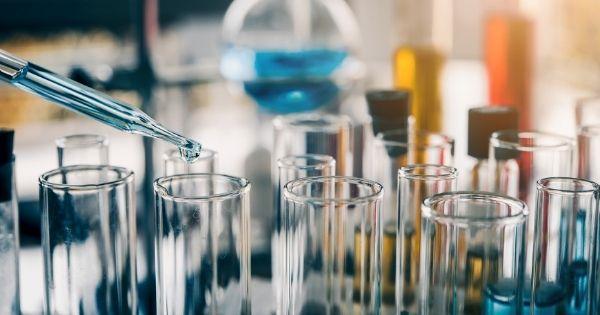
Chemical reactions occur with the formation, rearrangement, or separation of chemical bonds. Essentially, reactions in chemistry change the bonds between molecules, atoms, and ions to originate fresh chemical combinations for application. These bonds may synthesize to form more complex structures or decompose to form simpler atoms.
Within exchange reactions, the positions of two constituents interchange to produce new products by synthesizingand decomposing. How does this complex process work? Here is a brief explanation of exchange reactions in chemistry for greater understanding.
Chemical Reactions: Essential Characteristics
The sum of all chemical reactions occurring within an organism is known as metabolism. Metabolism separates into different pathways according to chemical bonds. These directions either include forming constituent parts into larger molecules or breaking these constituent parts into smaller molecules.
Regardless of the direction that a chemical reaction takes, each process exchanges matter and energy to produce the products of that specified reaction. This energy is essential to instigate the movement of a reactant—a substance that enters into a reaction—and produce that end-result product.
Chemical Bonds: Replacement Reactions
Providing a brief explanation of exchange reactions in chemistry requires knowledge of combination and decomposition reactions. In theory, any chemical reaction has the potential to synthesize or decompose under the right conditions. This identifiable possibility exists within an exchange reaction, in which chemical bonds will both form and be broken up by energy. Ergo, chemists classify exchange reactions as unequal reactions due to their double replacement.
The general symbolization of exchange double replacement reactions is AB + CD → AD + CB. These reactions generally form between substances within water-based solutions, such as hydrogen.
Exchange Reactions in Radiochemistry: Synthesis
Applications of exchange reactions depend on a chosen field of chemistry and their function in today’s industries. Versatile chemical substitutions can form molecules of interest. Within radiochemistry, exchange reactions are a critical step in efficient radiosynthesis compound design. Chemists can carry out a wide array of chemical reactions to solve custom synthesis product goals for pharmaceuticals.
Moravekis one of the leading custom chemical synthesis companies for the labeling of APIs in clinical trials. We are fully licensed to handle and prepare classified 3H compounds under the authority of the DEA. Our expert team of chemical synthesizers can perform a tritium gas exchange reaction using a hydrogen transfer catalyst. Contact us for more information about the applications of this technique.
